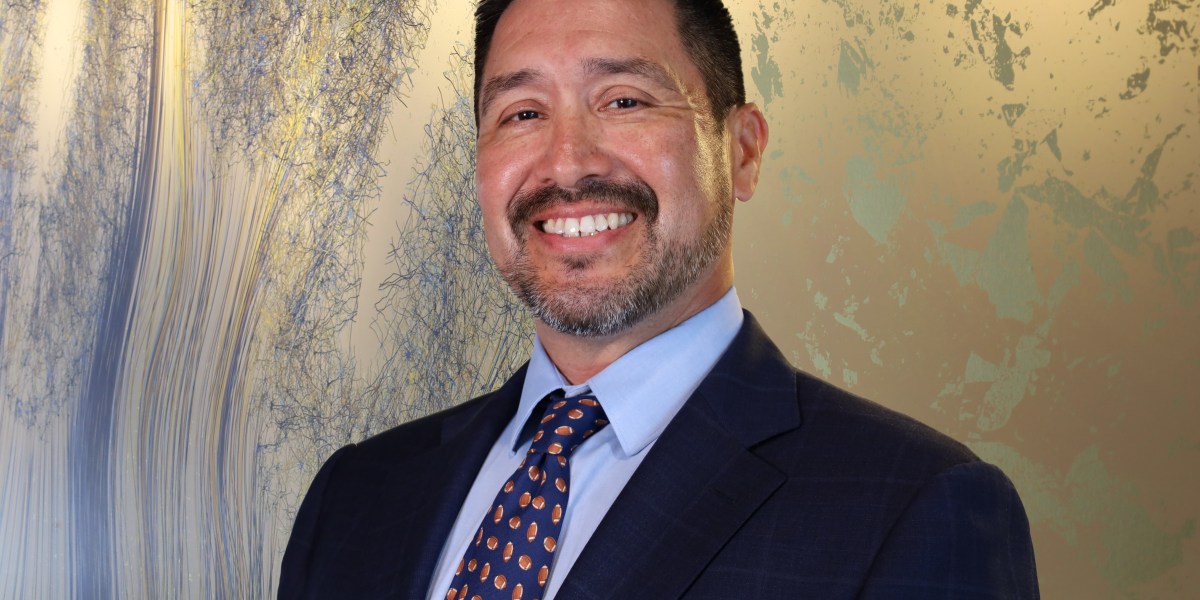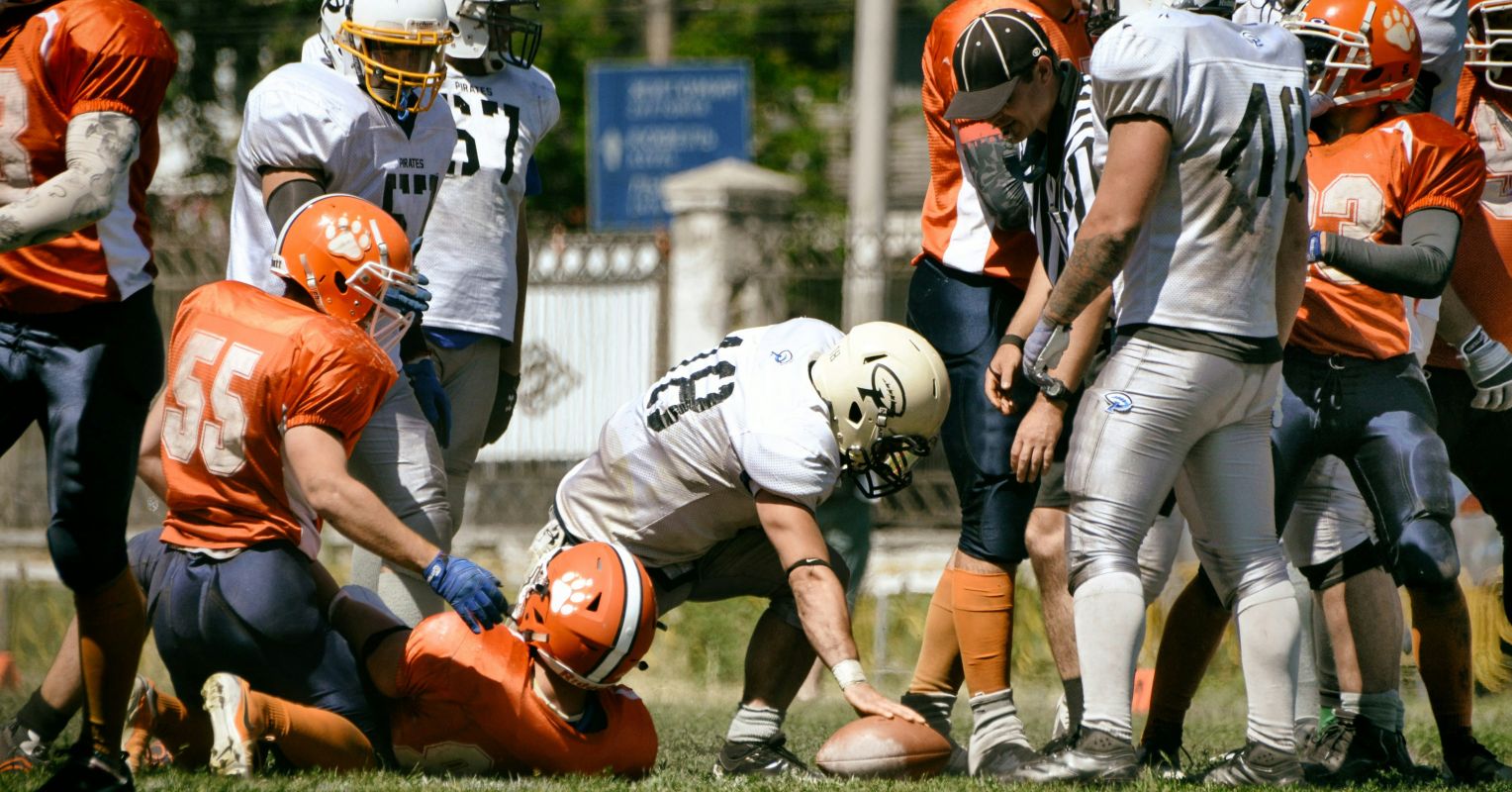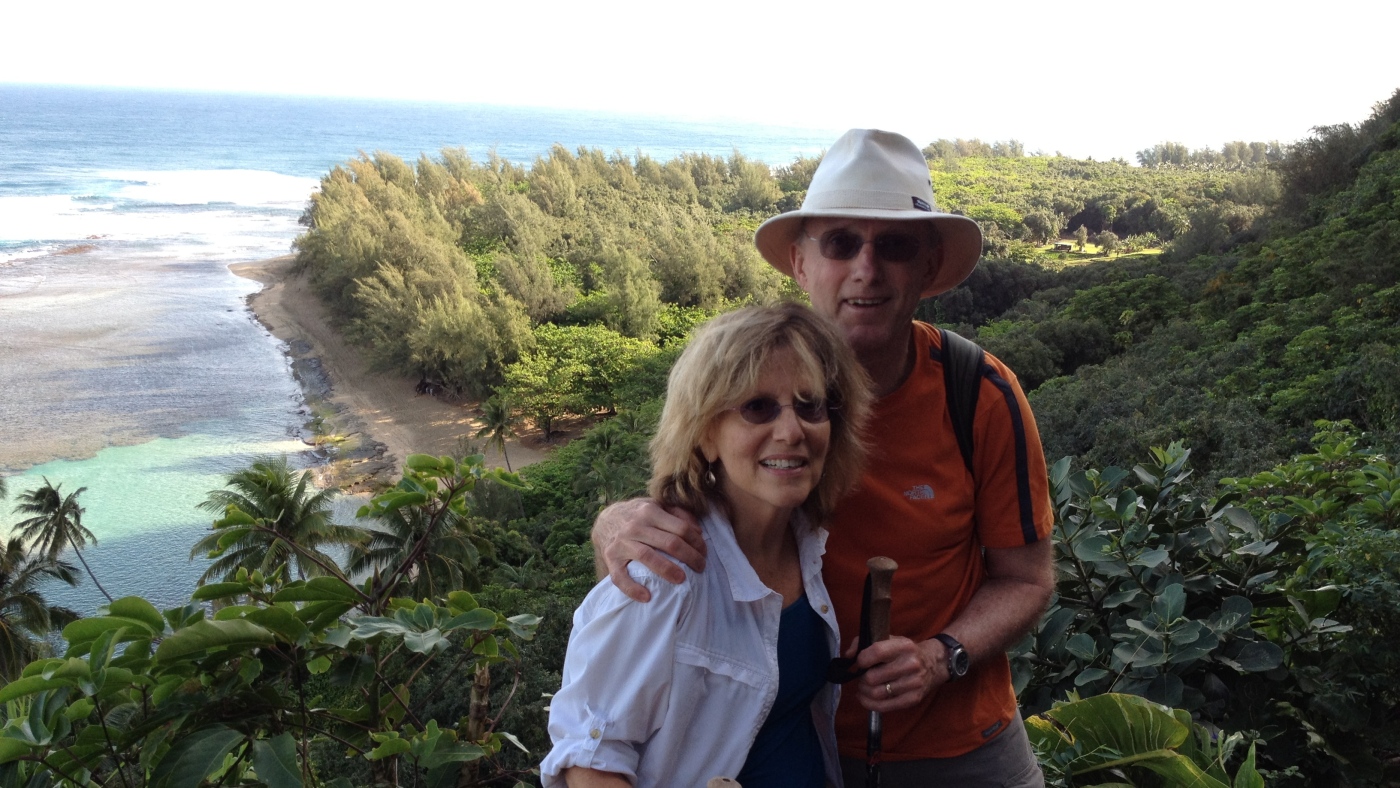fromPitchfork
1 week agoKanye West, in Wall Street Journal Ad, Attributes Antisemitism and Erratic Behavior to Brain Damage
Twenty-five years ago, I was in a car accident that broke my jaw and caused injury to the right frontal lobe of my brain. At the time, the focus was on the visible damage-the fracture, the swelling, and the immediate physical trauma. The deeper injury, the one inside my skull, went unnoticed. Comprehensive scans were not done, neurological exams were limited, and the possibility of a frontal-lobe injury was never raised.





